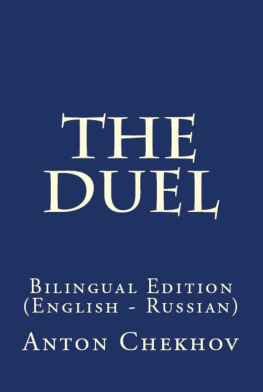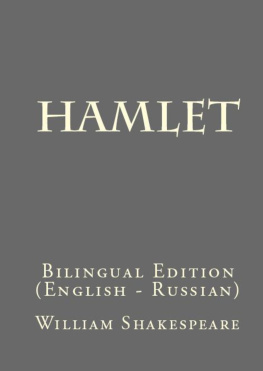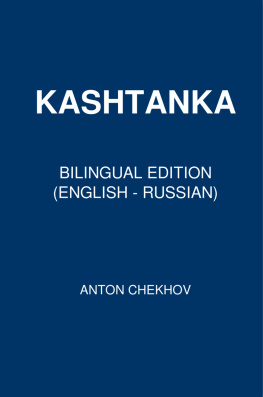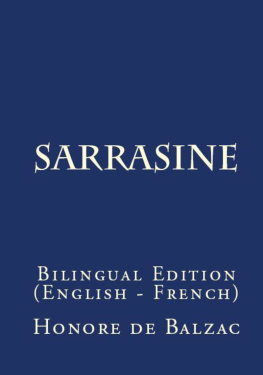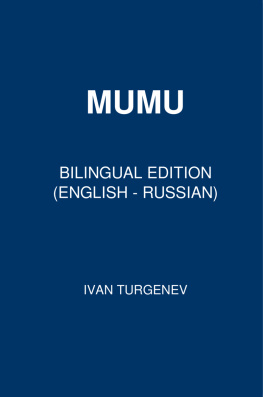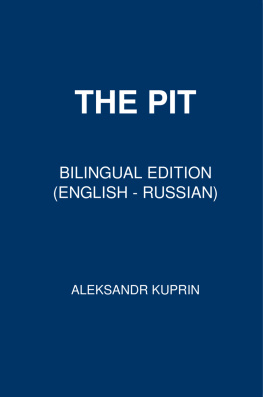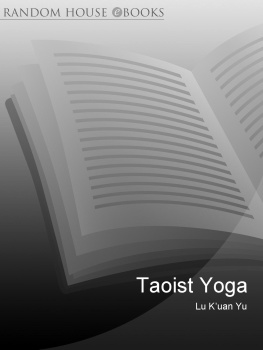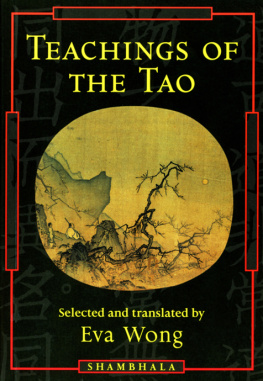Liezi
Written by Liezi
Spring and Autumn-Warring States
(772BC-221BC)

Bilingual Edition
Chinese/English Side-by-Side
English Translation by Lionel Giles, 1912
Lionshare Chinese Classics
Translation by Lionel Giles (1912)
Cover Design Copyright 2015 Lionshare Media
Also known as

Table of Contents

Book 1: Cosmogony
1. Our Master Lieh Tz dwelt on a vegetable plot in the Chng State for forty years, and no man knew him for what he was. The Prince, his Ministers, and all the State officials looked upon him as one of the common herd.
2. A time of dearth fell upon the State, and he was preparing to migrate to Wei, when his disciples said to him: 'Now that our Master is going away without any prospect of returning, we have ventured to approach you, hoping for instruction. Are there no words from the lips of Hu-Ch'iu Tz-lin that you can impart to us?
3. Lieh Tz smiled and said: 'Do you suppose that Hu Tz dealt in words? However, I will try to repeat to you what my Master said on one occasion to Po-hun Mou-jn. I was standing by and heard his words, which ran as, follows:
4. "There is a Creative Principle which is itself uncreated; there is a Principle of Change which is itself unchanging. The Uncreated is able to create life; the Unchanging is able to effect change. That which is produced cannot but continue producing; that which is evolved cannot but continue evolving. Hence there is constant production and constant evolution. The law of constant production and of constant evolution at no time ceases to operate. So is it with the Yin and the Yang, so is it with the Four Seasons. The Uncreated we may surmise to be Alone in itself. The Unchanging goes to and fro, and its range is illimitable. We may surmise that it stands Alone, and that its Ways are inexhaustible."
5. 'In the Book of the Yellow Emperor it is written: "The Spirit of the Valley dies not; it may be called the Mysterious Feminine. The issuing-point of the Mysterious Feminine must be regarded as the Root of the Universe. Subsisting to all eternity, it uses its force without effort."
6. 'That, then, which engenders all things is itself unengendered; that by which all things are evolved is itself untouched by evolution. Self-engendered and self-evolved, it has in itself the elements of substance, appearance, wisdom, strength, dispersion and cessation. Yet it would be a mistake to call it by any one of these names.
7. The Master Lieh Tz said: 'The inspired men of old regarded the Yin and the Yang as controlling the sum total of Heaven and Earth. But that which has substance is engendered from that which is devoid of substance; out of what then were Heaven and Earth engendered?
8. 'Hence we say, there is a great Principle of Change, a great Origin, a great Beginning, a great Primordial Simplicity. In the great Change substance is not yet manifest. In the great Origin lies the beginning of substance. In the great Beginning, lies the beginning of material form. In the great Simplicity lies the beginning of essential qualities.
9. When substance, form and essential qualities are still indistinguishably blended together it is called Chaos. Chaos means that all things are chaotically intermixed and not yet separated from one another. The purer and lighter elements, tending upwards, made the Heavens; the grosser and heavier elements, tending downwards, made the Earth. Substance, harmoniously proportioned, became Man; and, Heaven and Earth containing thus a spiritual element, all things were evolved and produced.'
10. The Master Lieh Tz said: 'The virtue of Heaven and Earth, the powers of the Sage, and the uses of the myriad things in Creation, are not perfect in every direction. It is Heaven's function to produce life and to spread a canopy over it. It is Earth's function to form material bodies and to support them. It is the Sage's function to teach others and to influence them for good. It is the function of created things to conform to their proper nature.
11. That being so, there are things in which Earth may excel, though they lie outside the scope of Heaven; matters in which the Sage has no concern, though they afford free play to others. For it is clear that that which imparts and broods over life cannot form and support material bodies; that which forms and supports material bodies cannot teach and influence for good; one who teaches and influences for good cannot run counter to natural instincts; that which is fixed in suitable environment does not travel outside its own sphere. Therefore the Way of Heaven and Earth will be either of the Yin or of the Yang;
12. the teaching of the Sage will be either of altruism or of righteousness; the quality of created objects will be either soft or hard. All these conform to their proper nature and cannot depart from the province assigned to them.'
13. On one hand, there is life, and on the other, there is that which produces life; there is form, and there is that which imparts form; there is sound, and there is that which causes sound; there is colour, and there is that which causes colour; there is taste, and there is that which causes taste.
14. Things that have been endowed with life die; but that which produces life itself never comes to an end. The origin of form is matter; but that which imparts form has no material existence. The genesis of sound lies in the sense of hearing; but that which causes sound is never audible to the ear. The source of colour is vision; but that which produces colour never manifests itself to the eye. The origin of taste lies in the palate; but that which causes taste is never perceived by that sense. All these phenomena are functions of the principle of Inaction.
15. To be at will either bright or obscure, soft or hard, short or long, round or square, alive or dead, hot or cold, buoyant or sinking, treble or bass, present or absent, black or white, sweet or bitter, fetid or fragrant this it is to be devoid of knowledge, yet all-knowing, destitute of power, yet all-powerful.
16. ]
16. On his journey to Wei, the Master Lieh Tz took a meal by the roadside. His followers espied an old skull, and pulled aside the undergrowth to show it to him. Turning to his disciple Po Fng, the Master said: 'That skull and I both know that there is no such thing as absolute life or death. This knowledge is better than all your methods of prolonging life, a more potent source of happiness than any other.'
17. ] ]
17. [Note: Giles provides no other translation for this portion]
18. In the Book of the Yellow Emperor it is written: 'When form becomes active it produces not form but shadow; when sound becomes active it produces not sound but echo.' When Not-Being becomes active, it does not produce Not-Being but Being. Form is something that must come to an end. Heaven and Earth, then, have an end, even as we all have an end. But whether the end is complete we do not know.
19. The course of evolution ends where it started, without a beginning; it finishes up where it began, in Not-Being. That which has life returns again into the Lifeless; that which has form returns again into the formless. This, that I call the Lifeless, is not the original Lifelessness. This, that I call the formless, is not the original Formlessness.
Next page

